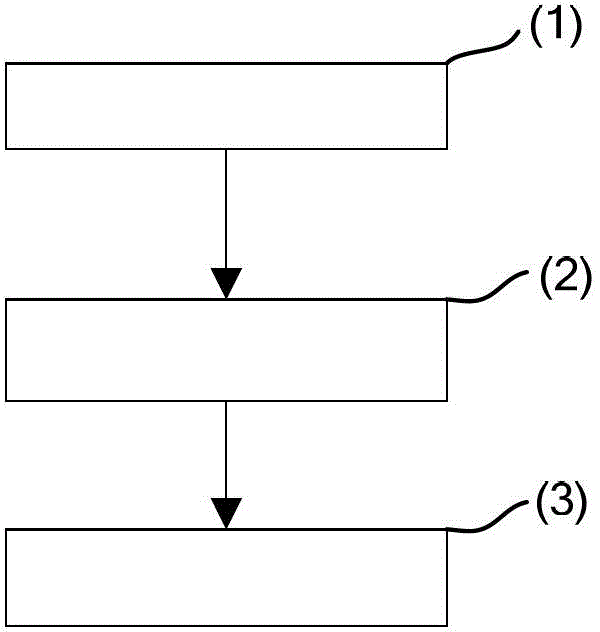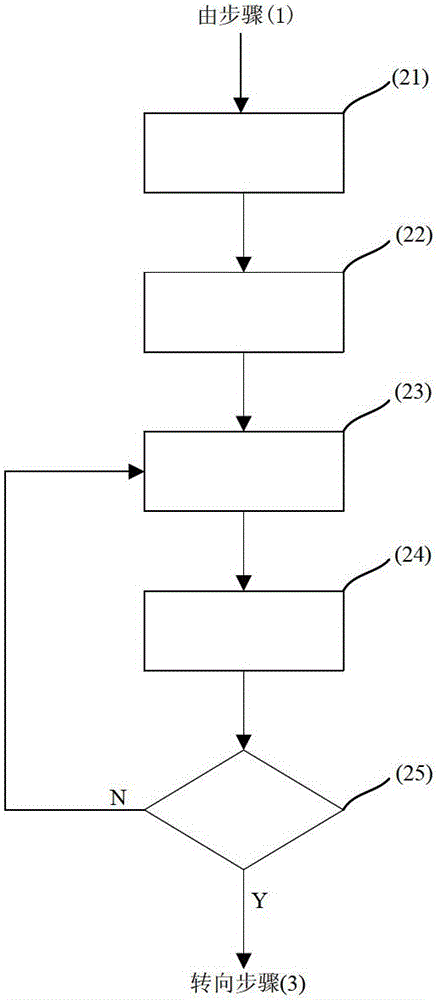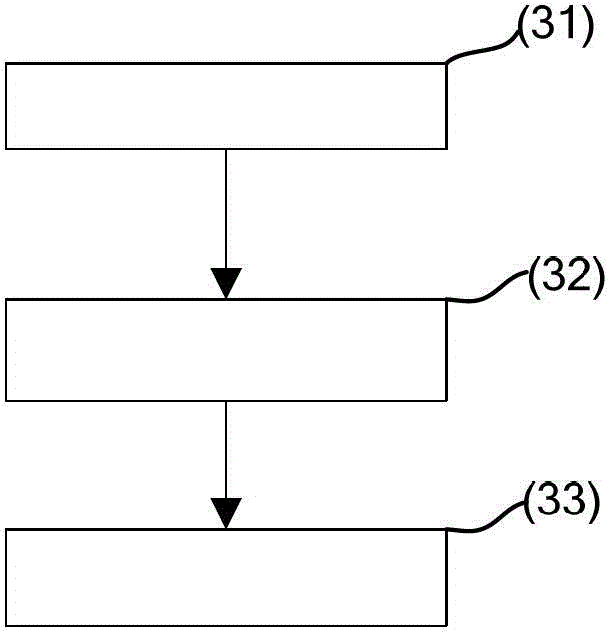Dynamic resource allocation method for orthogonal frequency division multiple access (OFDMA) system
A dynamic resource allocation and user technology, applied in multi-frequency code systems, advanced technologies, electrical components, etc., can solve problems such as high algorithm complexity, neglect of energy efficiency, and high complexity
- Summary
- Abstract
- Description
- Claims
- Application Information
AI Technical Summary
Problems solved by technology
Method used
Image
Examples
Embodiment Construction
[0033] Specific embodiments of the present invention will be given below in conjunction with the accompanying drawings.
[0034] Before elaborating the specific implementation, first introduce the mathematical model used therein:
[0035] The mathematical model used in the method of the present invention is: take maximizing each user's energy efficiency (EE) and the problem as an example, assuming that the base station can accurately obtain the channel state information (CSI) of each user in each sub-channel, and the channel is a frequency selective fading channel , the mathematical model of the optimization problem can be described as:
[0036] max N k ∈ N , P k U = Σ k = 1 K ...
PUM
 Login to View More
Login to View More Abstract
Description
Claims
Application Information
 Login to View More
Login to View More - R&D
- Intellectual Property
- Life Sciences
- Materials
- Tech Scout
- Unparalleled Data Quality
- Higher Quality Content
- 60% Fewer Hallucinations
Browse by: Latest US Patents, China's latest patents, Technical Efficacy Thesaurus, Application Domain, Technology Topic, Popular Technical Reports.
© 2025 PatSnap. All rights reserved.Legal|Privacy policy|Modern Slavery Act Transparency Statement|Sitemap|About US| Contact US: help@patsnap.com



